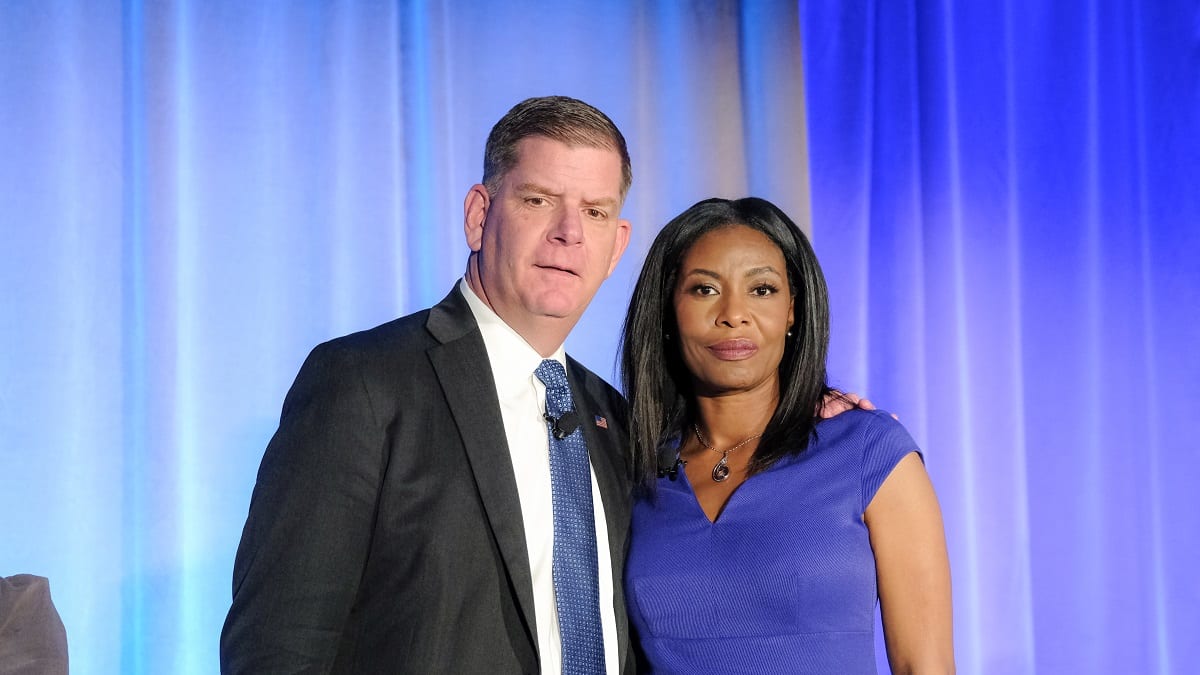
The federal government is increasing efforts to raise awareness of mental health problems in the workplace.
On March 29 at the SHRM Workforce Policy Conference 2022 in Washington, D.C., the U.S. Department of Labor (DOL) revealed its new public education campaign highlighting the importance of mental-health-friendly workplaces.
"Mental Health at Work: What Can I Do?" is an educational campaign that promotes healthy workplaces nationwide. The campaign helps employers understand the benefits of good mental health among employees as well as their role in making that happen.
"As America recovers from the COVID-19 pandemic, mental-health-friendly workplaces will be more important than ever," U.S. Secretary of Labor Marty Walsh said during the conference. "This timely public education campaign reminds us that we all have a role to play and that we all benefit from flexible, supportive workplaces that promote good mental health."
The campaign includes materials such as posters, behind-the-scenes video interviews, workplace mental health resources and tips for creating healthier workplaces. The DOL will also distribute a video PSA on this topic to television and radio stations nationally.
The PSA features a CEO, a manager, a co-worker and a person who identifies as having a mental health condition, who discuss the different ways workers can promote workplace well-being. These strategies include:
- Setting the tone for an inclusive workplace.
- Providing and requesting assistance and accommodations.
- Being a source of support to peers and colleagues.
- Asking what one needs to perform effectively.
The PSA was produced by the Campaign for Disability Employment, a collaborative effort funded by the DOL's Office of Disability Employment Policy that illustrates supportive, inclusive workplaces for all workers.
"Mental Health at Work: What Can I Do?" coincides with a mental health crisis affecting millions of people in the U.S.
About 1 in 5 working-age Americans has a mental health condition. Yet less than half of adults dealing with mental illness—such as depression, bipolar disorder or post-traumatic stress disorder—sought treatment for their condition in 2020, according to the National Alliance on Mental Illness.
Mental health conditions are covered under the Americans with Disabilities Act. That means employers must make reasonable accommodations for workers with such disorders to perform their responsibilities if employees are willing to divulge their need for modifications.
SHRM offers myriad resources that can assist employers in understanding their obligations and addressing the mental health of their workers. These materials include toolkits, guides and Q&As that outline ways for employers to reduce workplace stress.
An organization run by AI is not a futuristic concept. Such technology is already a part of many workplaces and will continue to shape the labor market and HR. Here's how employers and employees can successfully manage generative AI and other AI-powered systems.



